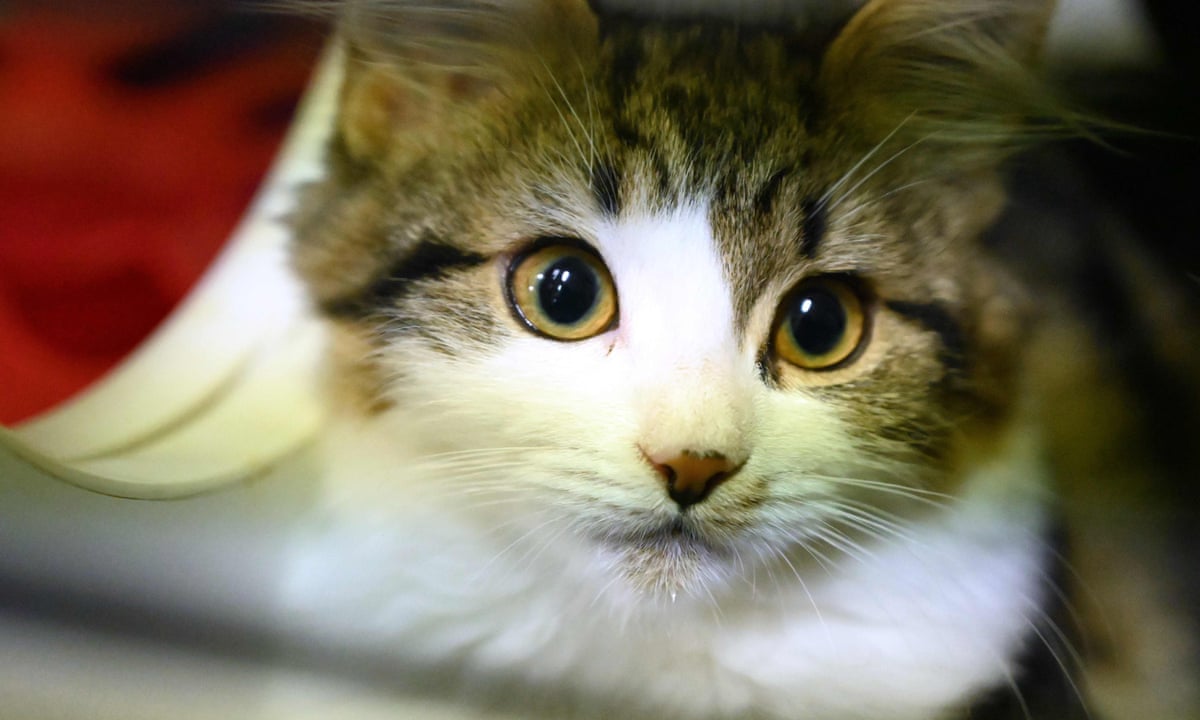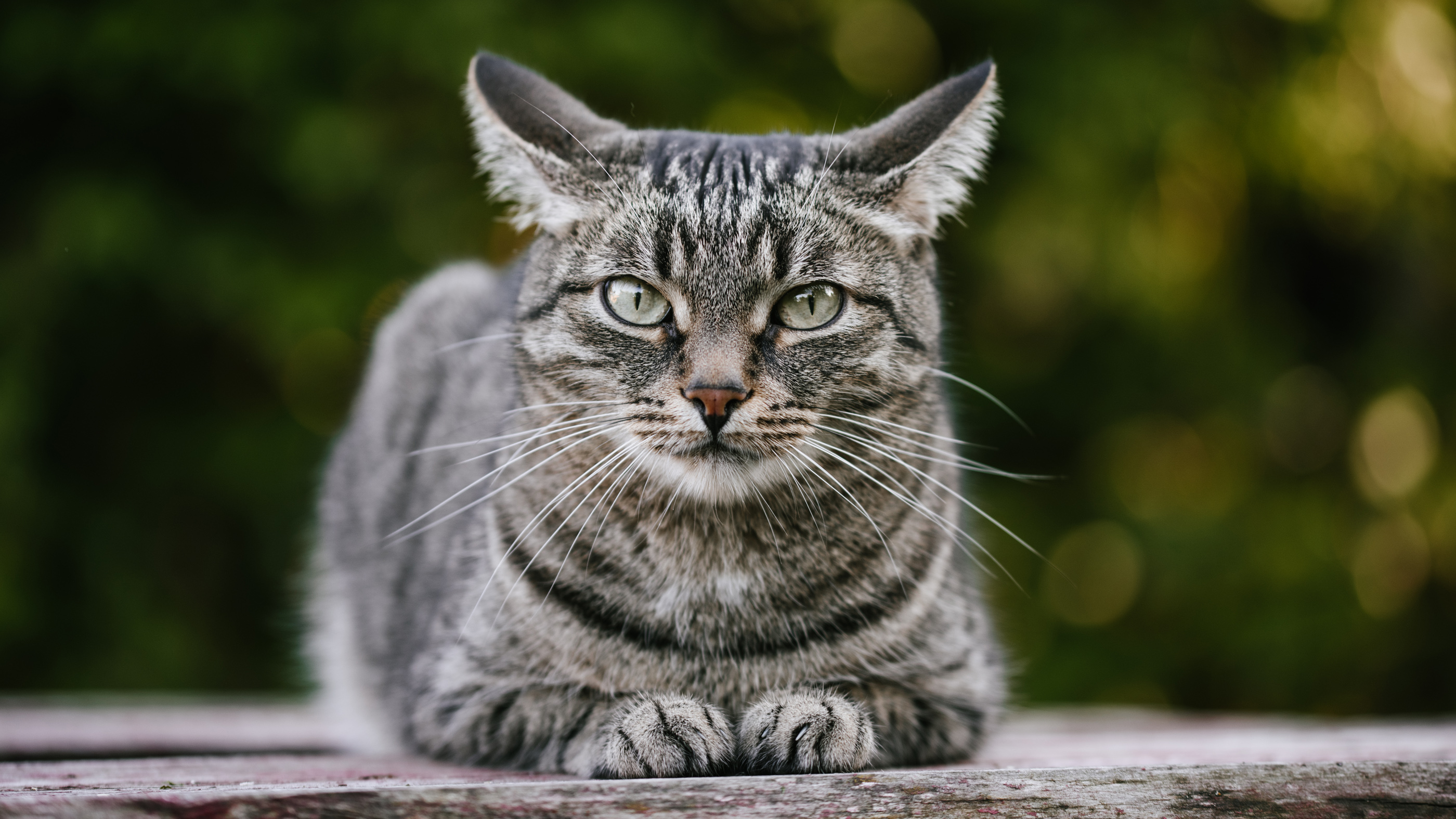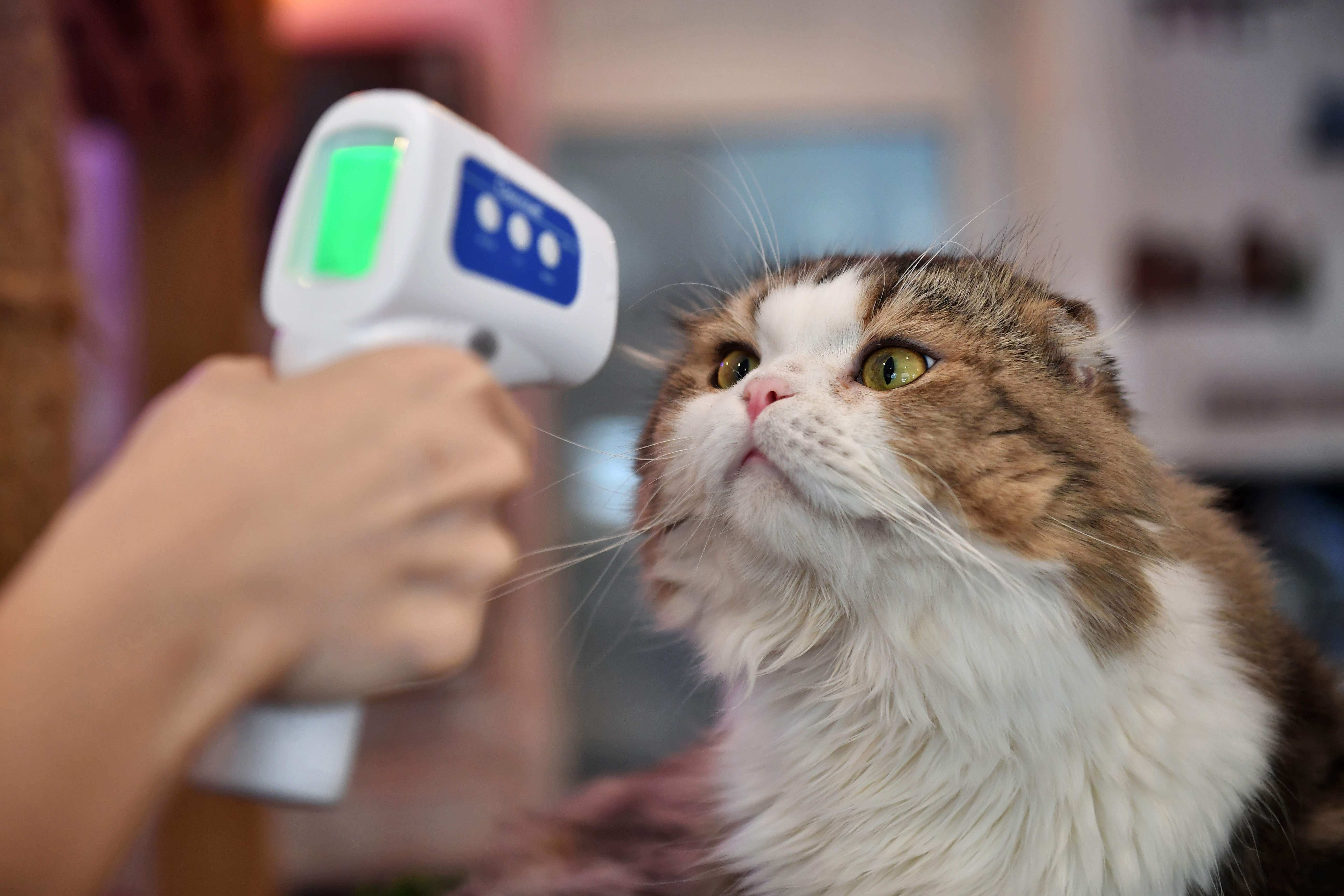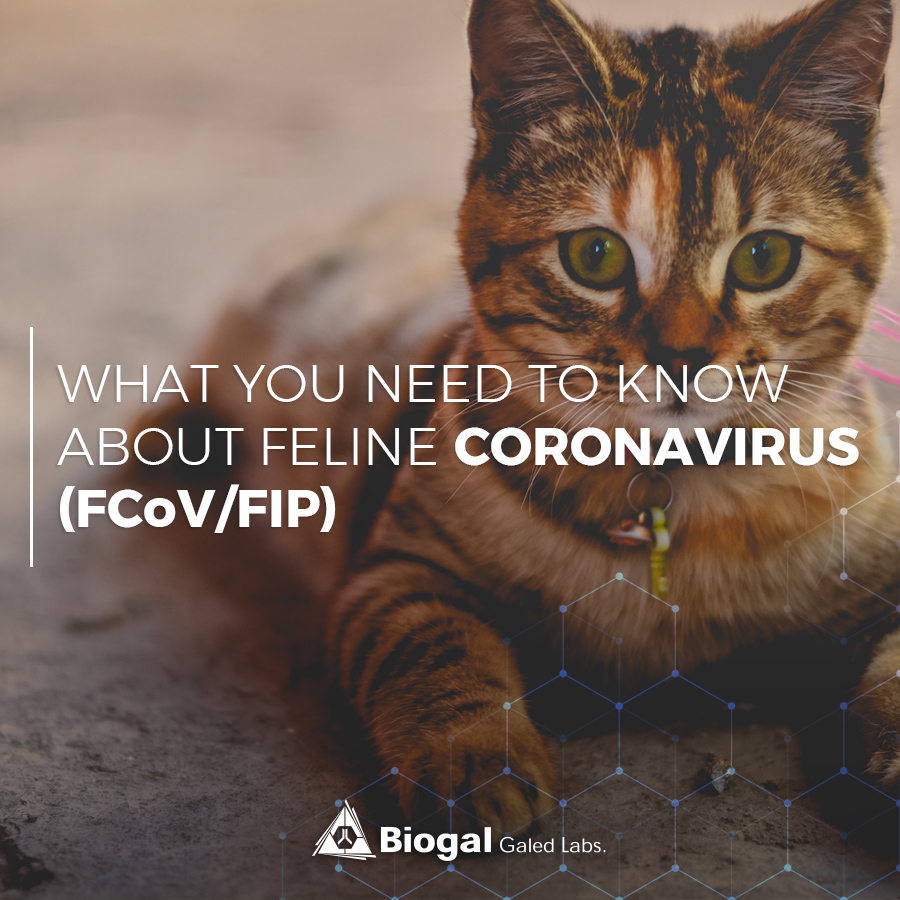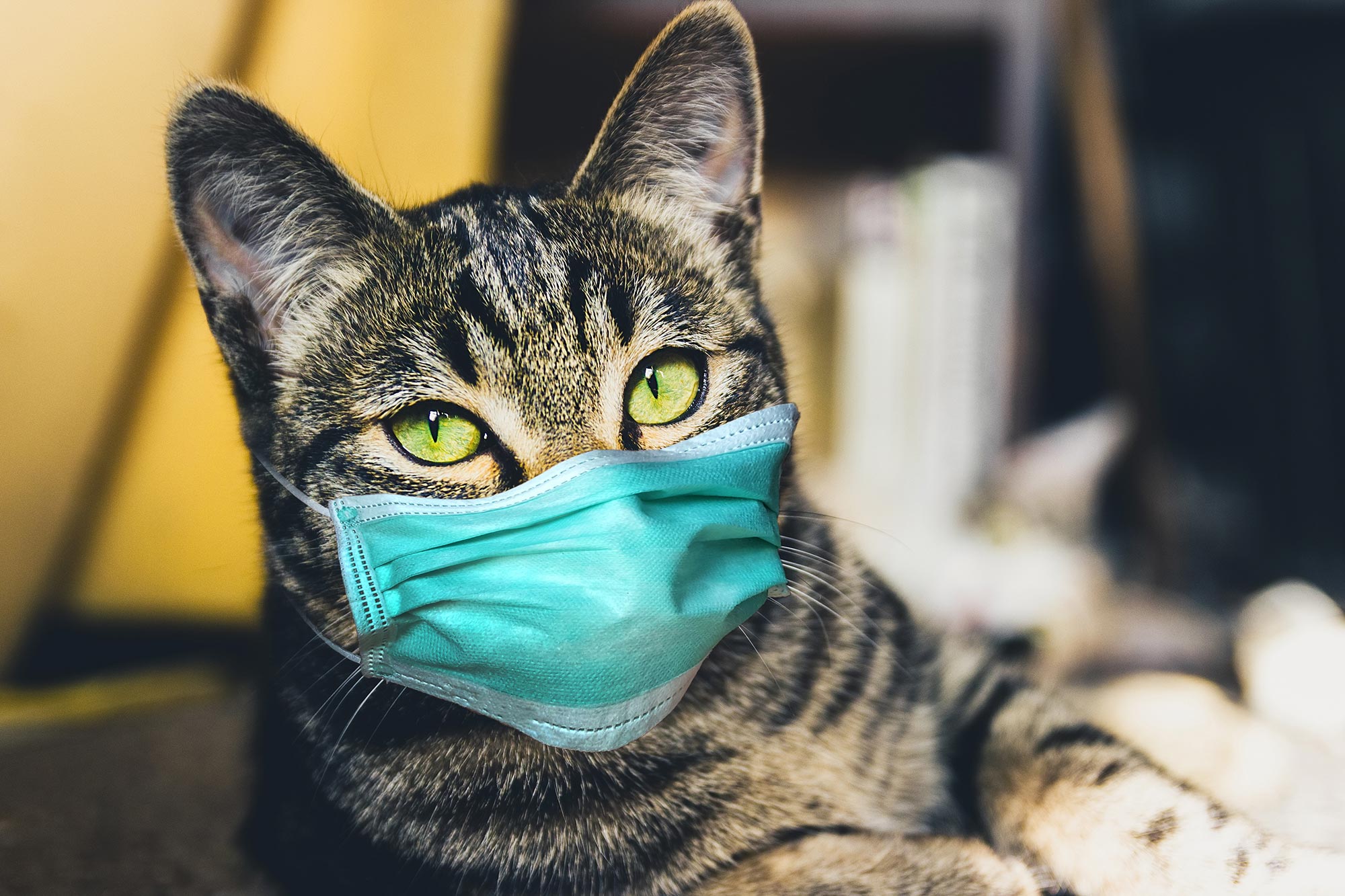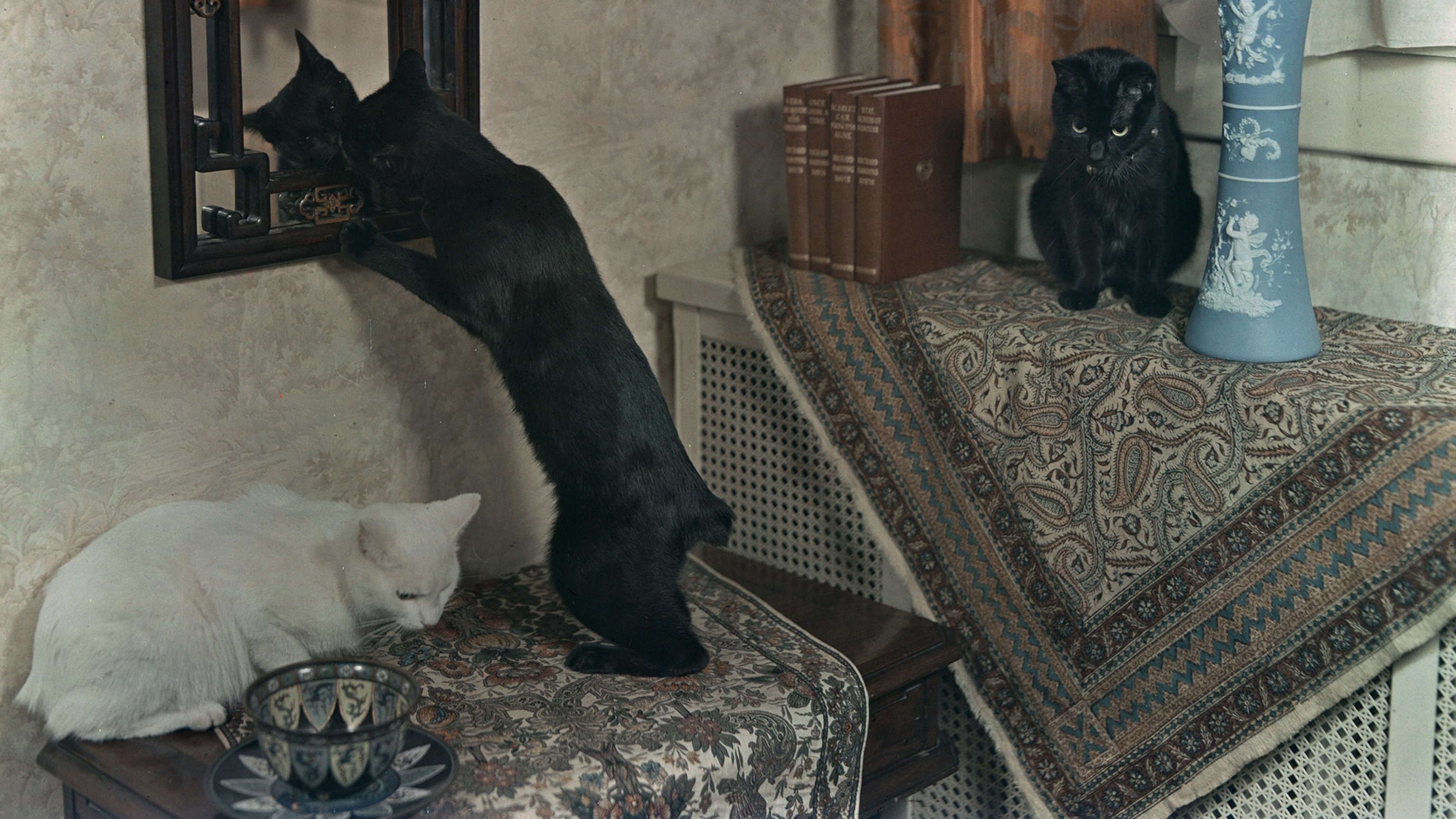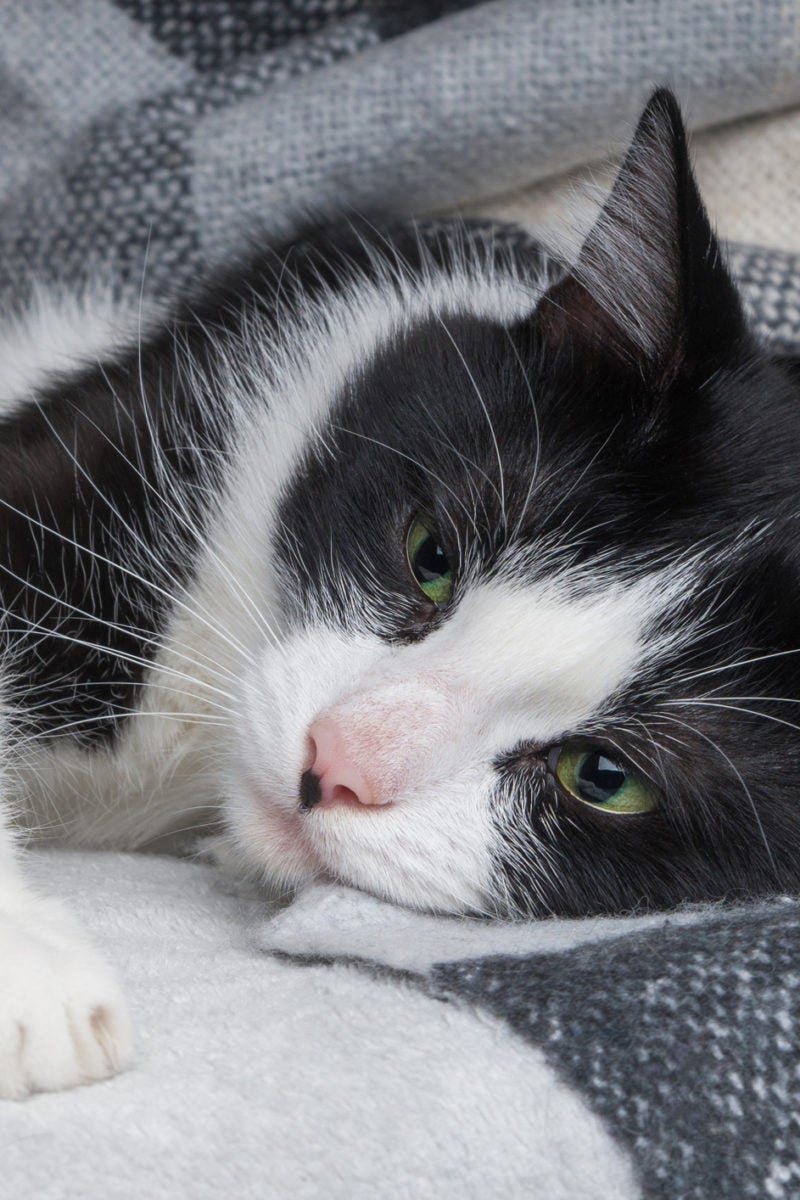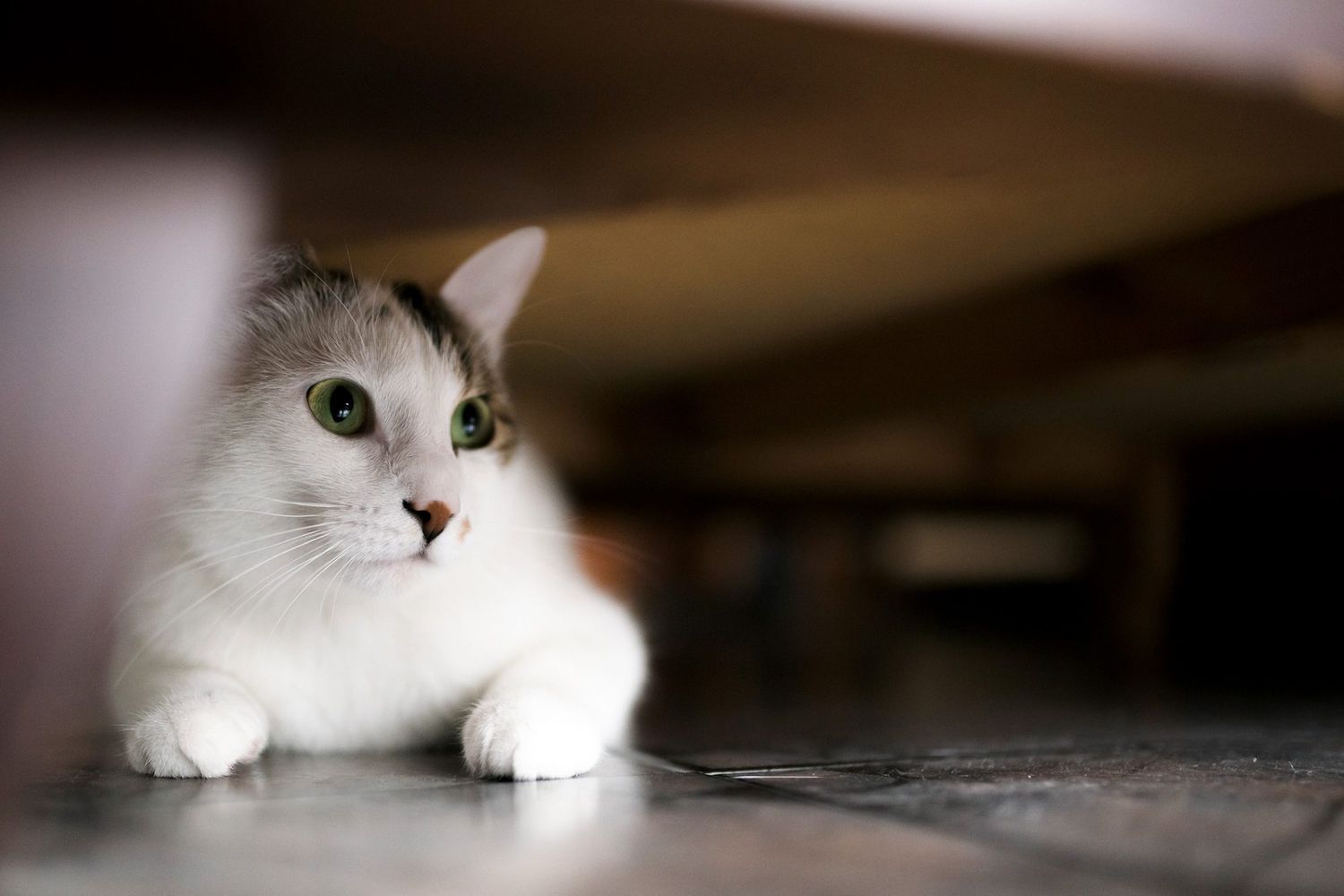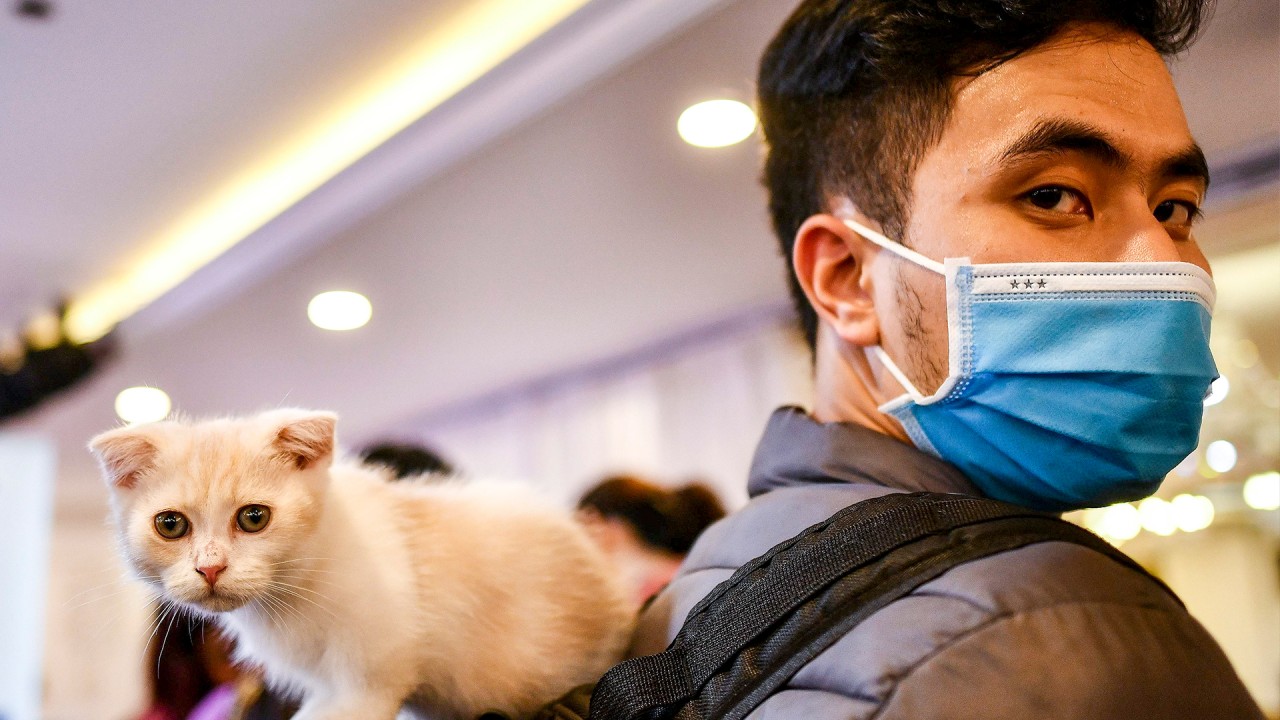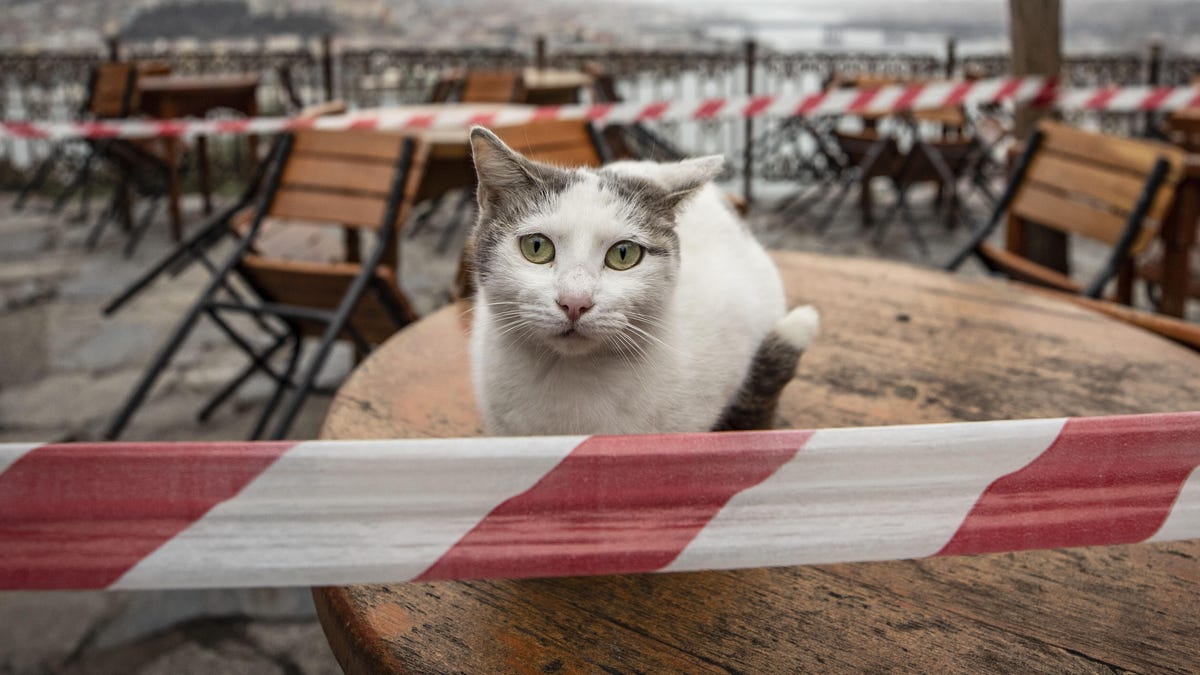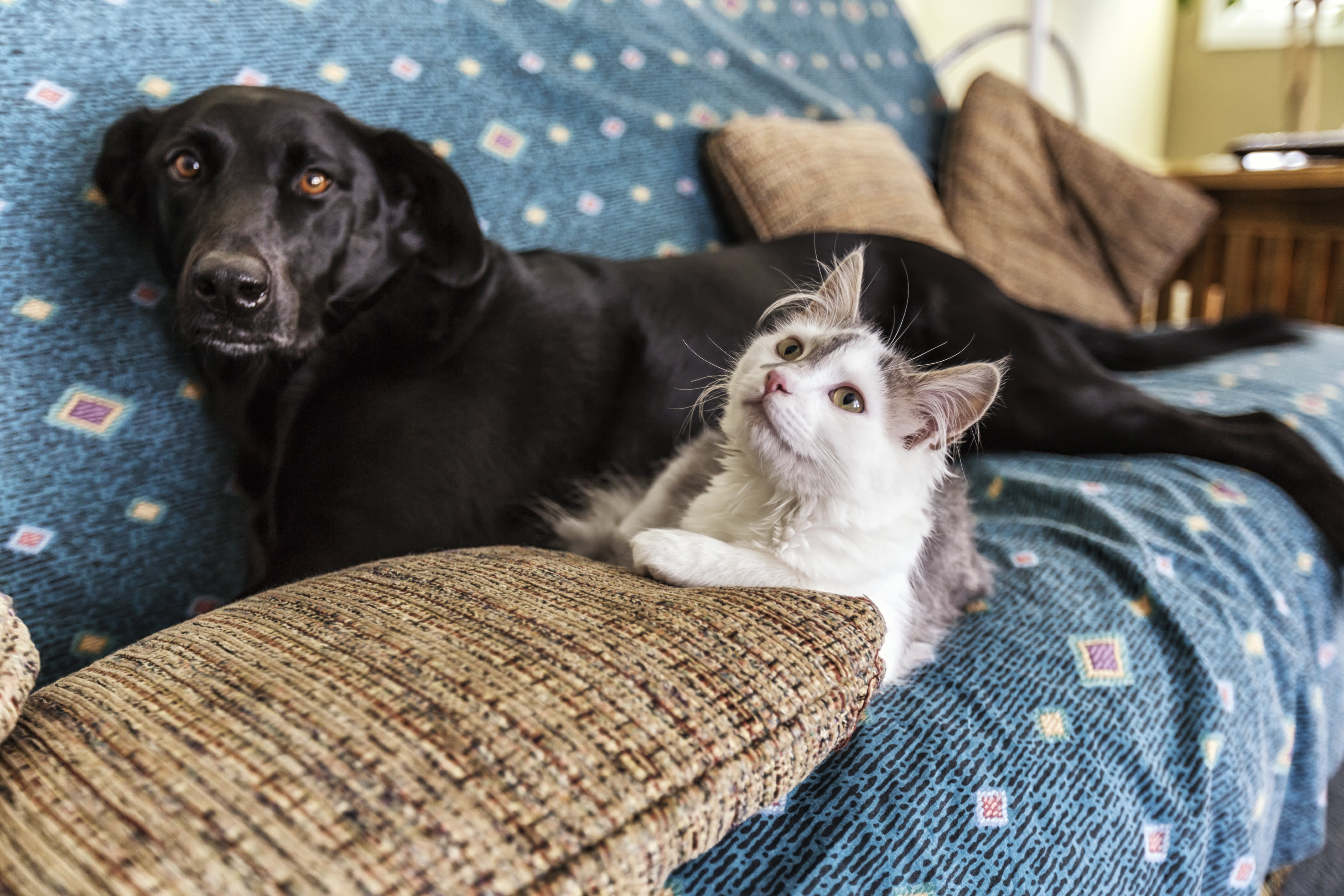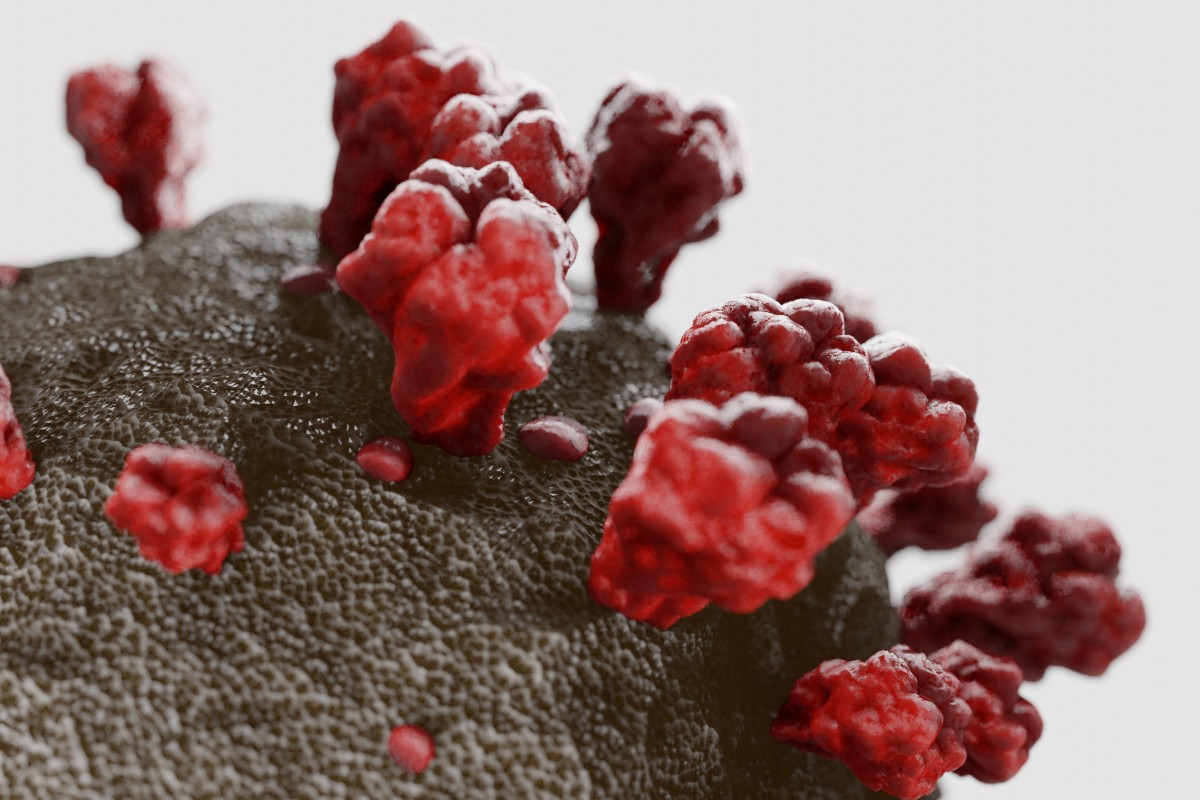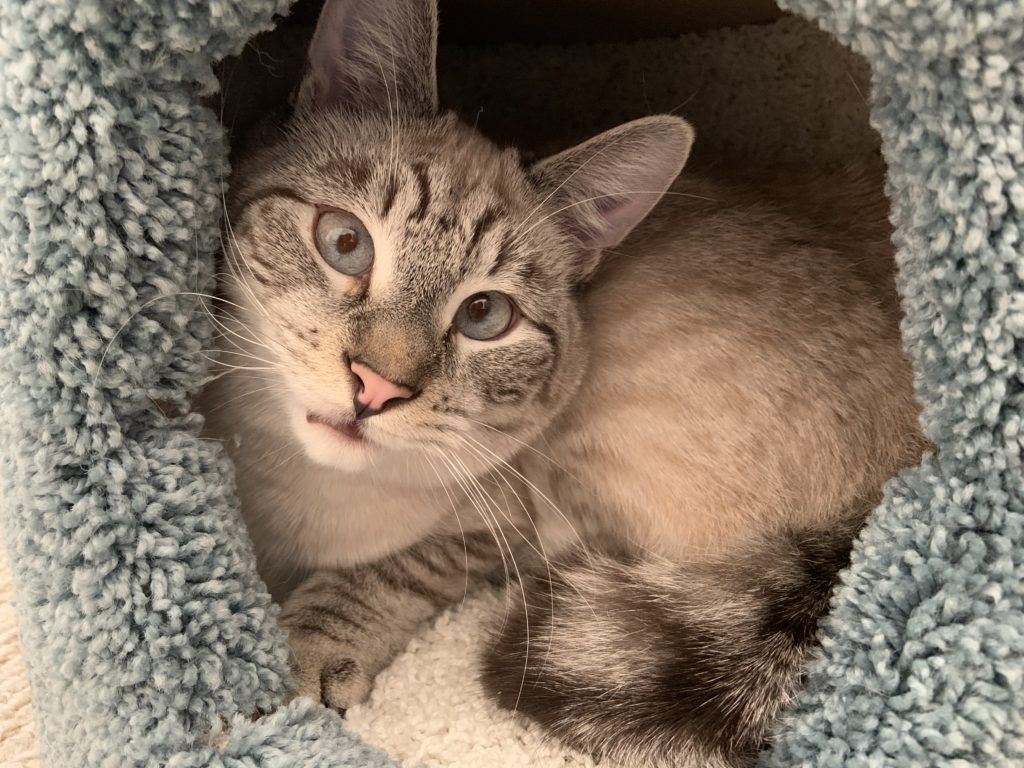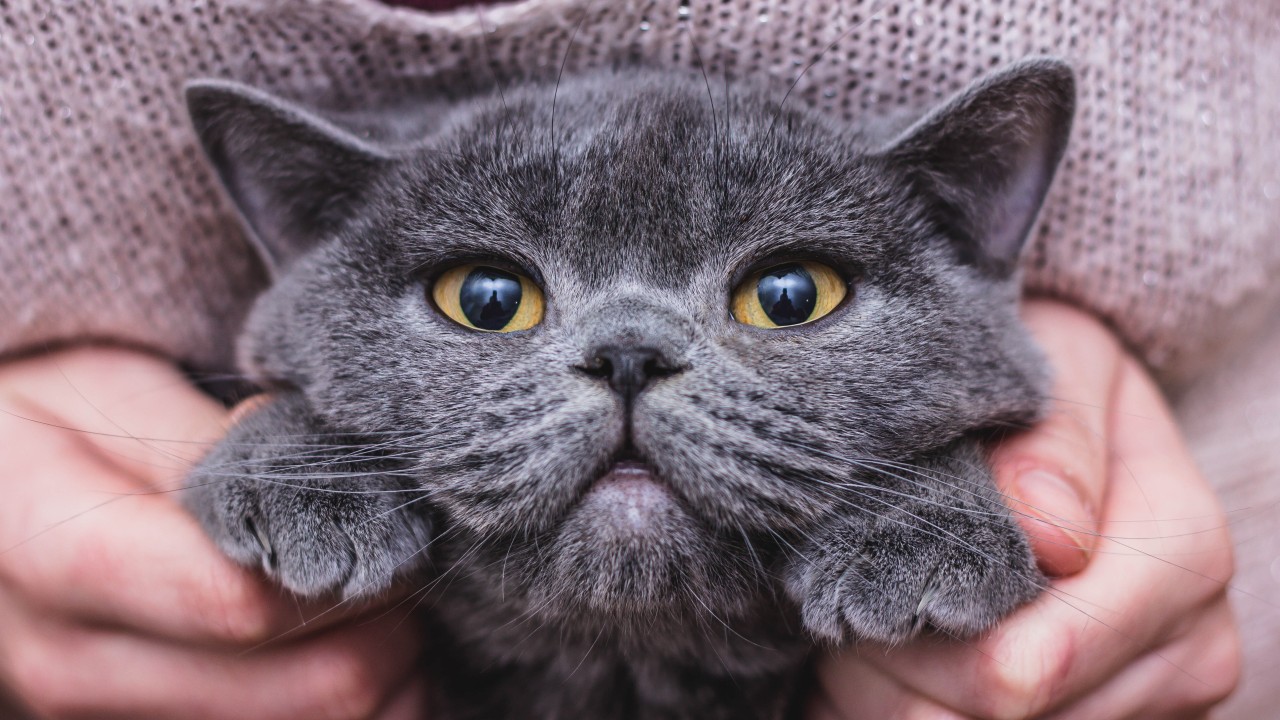Domestic Cat Coronavirus Symptoms

This virus is not the same coronavirus that can cause the common cold in humans nor is it the same as canine coronavirus CCoV.
Domestic cat coronavirus symptoms. Some coronaviruses such as canine and feline coronaviruses infect only animals and do not infect people. Each cat was then housed with another cat that was free of infection. Cats can be infected with the coronavirus that causes COVID-19.
However if your cat is experiencing respiratory issues its highly likely these signs are due to one of the other primary reasons before COVID-19 that cats can develop respiratory system issues. Their 7-year old female domestic shorthair cat was examined by a veterinarian at admission on day 1 March 30 and reported to be clinically. The cat was taken to the vet with nasal discharge and conjunctivitis but its symptoms remained mild and the cat later recovered.
Feline infectious peritonitis FIP is a viral disease caused by a feline coronavirus that affects wild and domestic cats. About a week after its owner got sick with COVID-19 after returning from a trip to Northern Italy the cat developed coronavirus symptoms. If your pet shows any signs of illness such as coughing sneezing or lethargy call or text your veterinarian to arrange treatment.
The first positive case cat 1 was from a household that had 3 persons with confirmed cases of COVID-19. Coronaviruses are a large family of viruses. Cats appear to be at least mildly susceptible to COVID-19.
If your pet becomes ill theres reason to be hopeful. The cat showed symptoms of diarrhoea vomiting and coughing. Its symptoms were a respiratory infection with a nasal discharge and some shortness of breath There is no evidence that pets or other domestic animals directly transmit the virus to people.
It generally causes asymptomatic infection but can cause mild diarrhea. What effect does COVID-19 have on cats. Feline Coronavirus FCoV is a common viral infection in cats.


